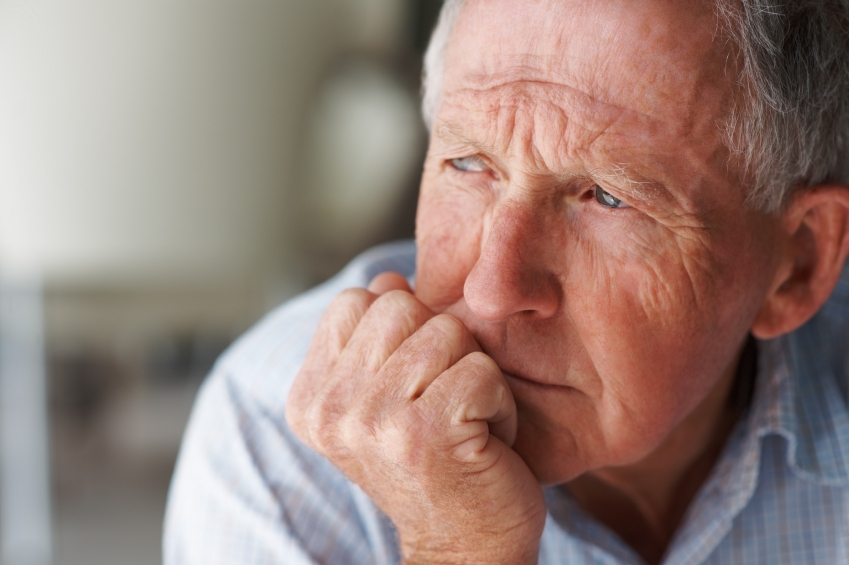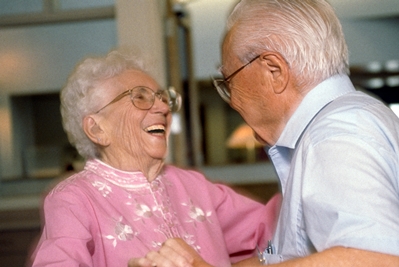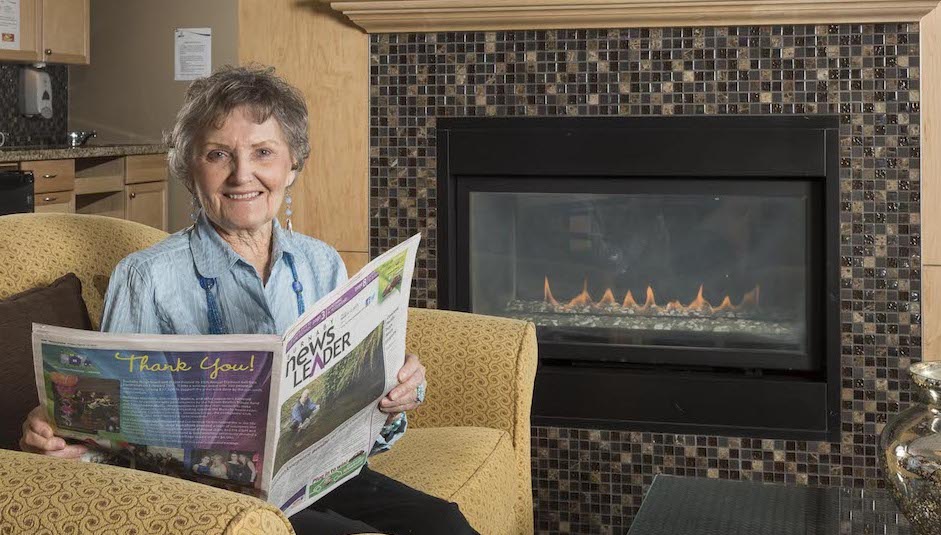Seniors and Mental Health

We’ve come a long way when it comes to identifying, accepting and treating mental health issues. In fact, nowadays it is common for family doctors to incorporate mental health-related questions in routine patient appointments. This is good news for all of us, considering that stats indicate that everyone will be impacted by mental health issues on some level and at some point in our lives.
For seniors, there is often talk of depression, given the dramatic lifestyle changes, losses, and stressful life events they are faced with. For some, depression is a very real condition that needs to be addressed, but for others, the lows they are experiencing are normal feelings that come with the ups and downs of living.
Regressing After Retirement
“I thought retirement was going to kill me,” said 92-year-old Ed Jamison, retired chemical engineer. “Work was my whole life. It was how I started and ended my day for 45 years.” When Ed attempted to retire in his late 60s, he fell into a deep hole that made him feel listless and unmotivated. “I could barely get out of bed. I stopped eating. I felt hopeless and useless. It was a very dark time in my life.”
Once properly diagnosed and treated with an antidepressant, Ed said “the light came back” – he was able to fully recover. Now he is not shy about sharing his story and raising the subject with others who reside in the same senior’s complex. 
Major Lifestyle Changes
Alice Kolichuk said for her, depression came on slowly. Years after losing her husband, followed by financial strain and then failing health, over time she became plagued with fatigue, anxiety, and sleeplessness. She too found relief with a diagnosis of depression and proper medication managed by her doctor.
The Loss of Loved Ones
Mary Watson weighed into the conversation with a different perspective. She said she sought help for depression in her seventies after her oldest son died in a car accident. However, wisely her doctor identified that her form of sadness was grief, not depression, and while medications could aid in helping her get over the initial trauma, she found she was best able to recover over time and by facing her grief in a professionally led grief support group.
Identifying the Real Issue
Shannon Peterson is a mental health professional who runs that grief support group and who specializes in senior mental health care. She says it’s important to note that while depression is a valid and common medical condition among seniors, it is not a normal part of aging.
“It’s very important that we treat each case thoughtfully and individually and that we don’t just jump to giving all seniors a pill for their sadness,” said Shannon. “Of course, sometimes depression is very real, and absolutely, it needs to be medically treated. But sometimes that person is dealing with basic human experiences and emotions that come with living into our later years. I’m talking loss of independence, loss of loved ones, dramatic changes in physical body and mind, not to mention physical ailments such as disease or chronic pain.”
Shannon’s advice is to look carefully beneath the surface and weigh all symptoms against what that person might be going through. Are they sad about leaving their long-time home? Do they miss a beloved pet? Are they concerned about their deteriorating health? Some of these conditions may be best treated with support, conversation, even activities such as fitness, art, and music.
Discover how AgeCare is addressing mental health through Recreational Programming:
Read more about aging and mental health:
National Institute of Mental Health – Older Adults and Depression
Mental Health Commission of Canada – What is the Issue?
World Health Organization – Mental Health of Older Adults


